|
The flavours and quality of a Cask Aged Gin are primarily determined by 4 key factors:
So let's take a look at what you need to know about the cask type, the base gin, and the length of ageing to help you find your perfect Aged Gin! 1. THE CASK TYPEWe are often asked questions such as 'what does Cask Aged Gin taste like?' and 'does Cask Aged Gin taste like whisky?'. And the answer is that a key factor is the type of cask that the gin has been aged in. If a gin has been aged in an ex-Whisky cask, you can expect to detect subtle or prominent notes that you'd associate with whisky, but if the gin has been aged in an ex-Port cask it will have a very different profile. The types of casks used for ageing gins can vary hugely, from whisky and bourbon casks, and port, sherry and red wine casks, to new American oak and European oak casks. Therefore Aged Gins can have a wide range of flavours and characters, from malty whisky and smokey notes to fruity, caramel and vanilla notes. So knowing the type of wood or cask used for ageing is key to understanding more about the character that the gin will have taken on. Each type of cask is different and many other factors influence the character that the gin will take on, but as a broad guide, these are the types of characteristics imparted into gins from popular cask types:
N.B.: Also consider if an Aged Gin has been aged with other elements, such as Palma Gin's Oak Aged Spiced Gin, aged in red wine casks with the addition of cinnamon, cloves and vanilla, or Broken Bones Borut's Special Gin which sees their Ljubljana Dragon Gin blended with a small amount of whisky before being aged. Discover must-try gins aged in each cask type in our Aged Gin Guide. 2. THE BASE GINA second key element of an Aged Gin is of course the gin that is being aged. When choosing an Aged Gin, understand if the base gin is a traditional gin, a spice-led or citrus-led gin, or even an Old Tom or Flavoured Gin, as this can heavily influence the character of the finished product. More subtle gins can result in more prominence for the characters from the cask, while bolder gins are more likely to share some of the limelight. Examples of different gin types being used include Broken Bones Old Tom Cask Finish Gin which is made with their Old Tom Gin aged in whisky casks, and Cuckoo Cask Aged Sunshine Gin, made with their Sunshine Gin which features honey and raspberries and is aged in Bourbon casks. Especially when using bolder gins, it is down to the skill and palate of the producer to pair the base gin with an ideal cask type so that the flavours harmonise to produce an exceptional finished product. 3. LENGTH OF AGEINGOther common questions that we are asked are about the duration of ageing, especially 'how long does it take to make Aged Gin?' and 'how long should Aged Gin be in the cask for?'. Gin is typically not aged for as lengthy periods as other spirits such as rum and whisky, and it can take on the desired characters from the casks in just a few months, with most Aged Gins being aged from between 1 and 6 months. But does longer ageing make for a better Aged Gin? Not necessarily. It must be considered on a case by case basis as there are a range of factors to note:
So, now you're ready to find yourself your ideal Aged Gin based on these key characteristics! Head over to our Aged Gin Guide to discover more about Aged Gin, including:
Comments are closed.
|
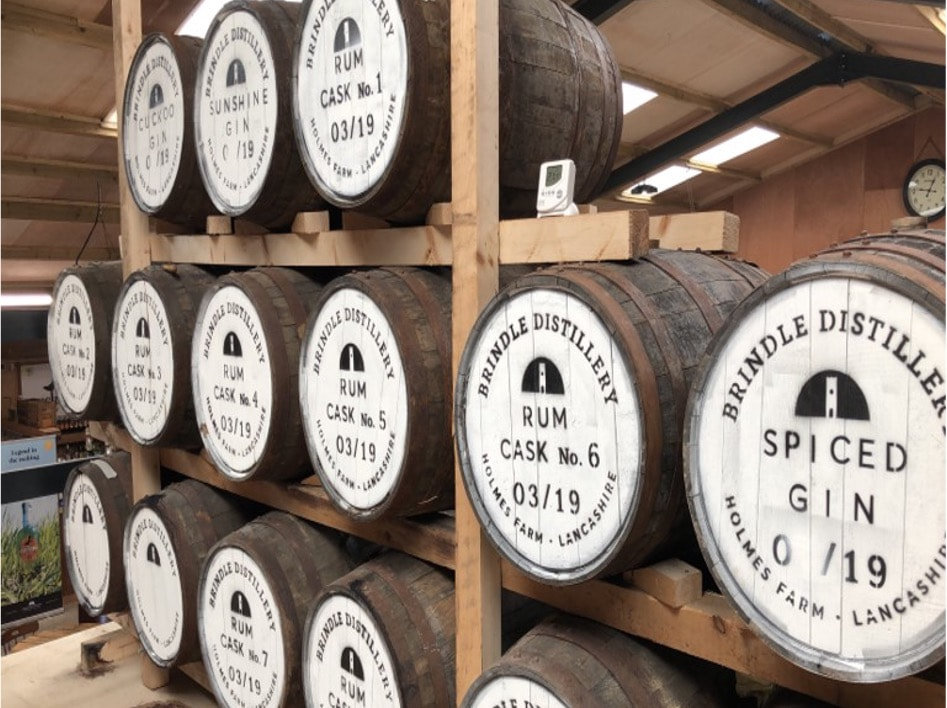
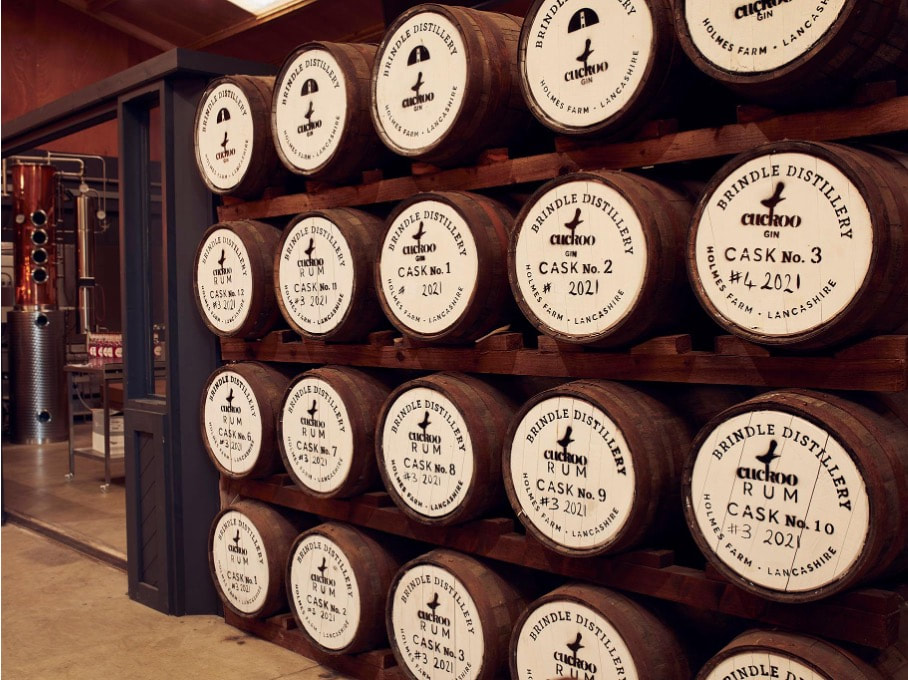
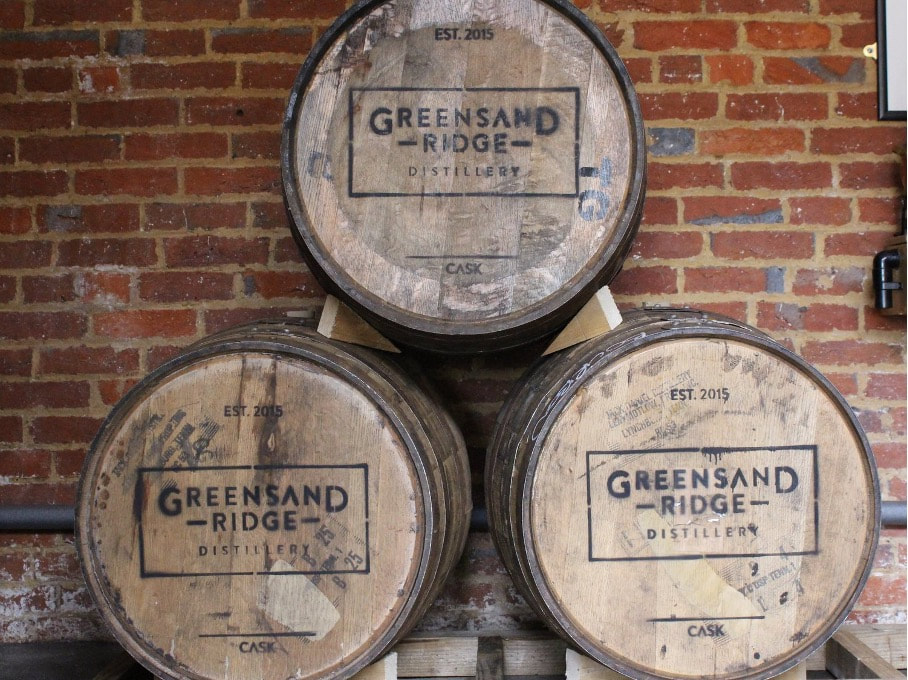
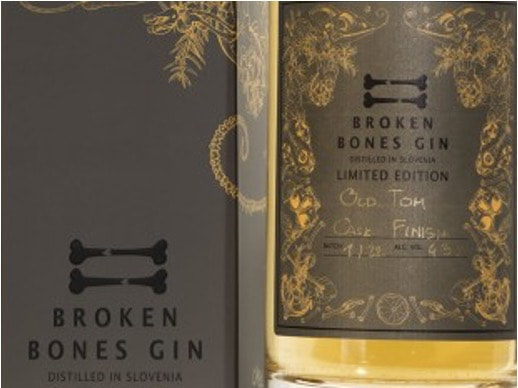
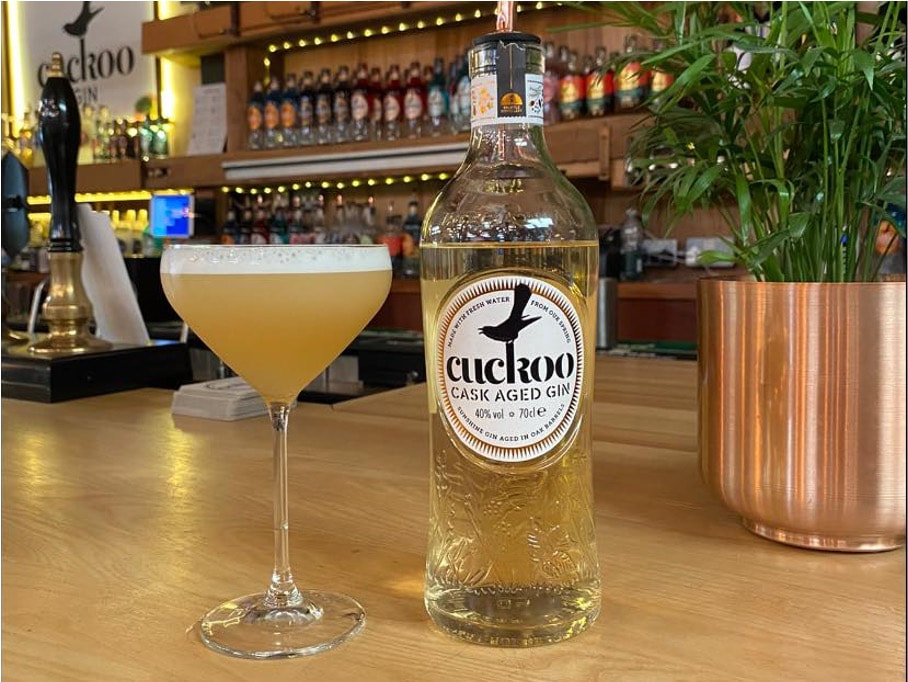
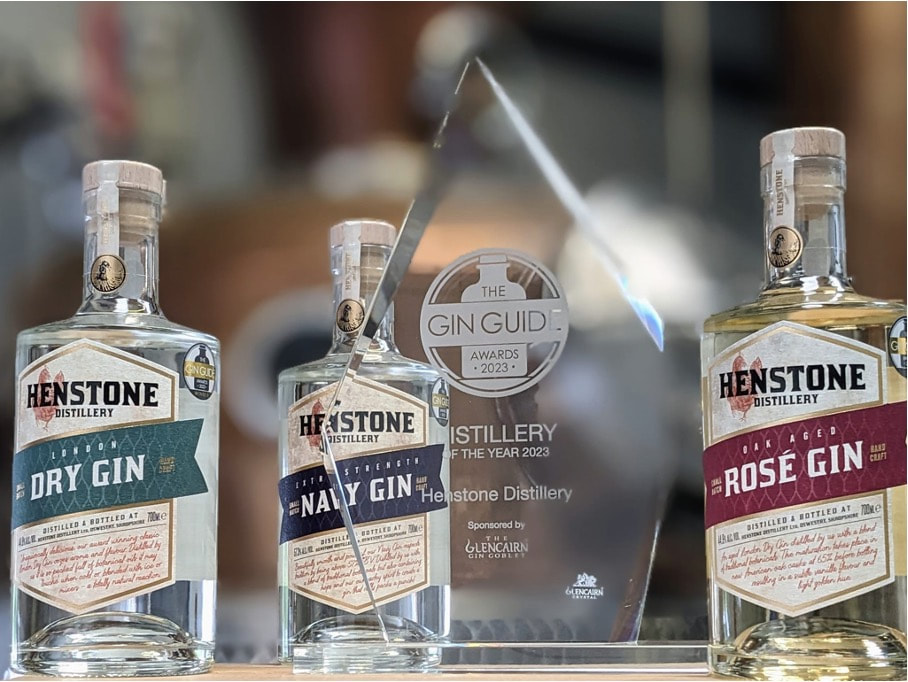
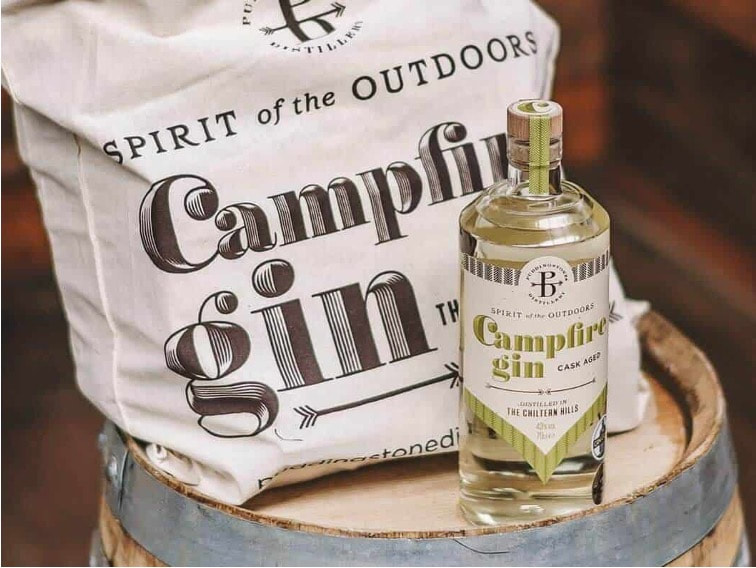
 RSS Feed
RSS Feed


